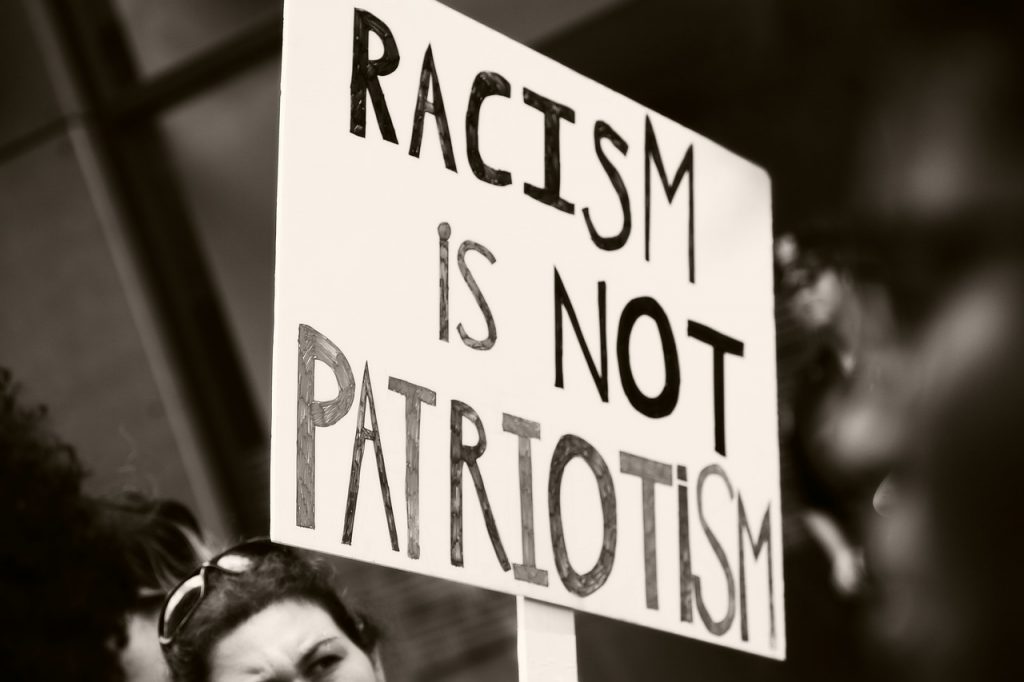On the occasion of Zero Discrimination Day, it’s important to shed light on the underlying meaning of a commonly used saying in our country, which reflects that entrenched issues of discrimination and prejudice persist in today’s society, affecting how individuals are treated in various contexts. The popular saying “how you are seen determines how you are treated” encapsulates this reality, where superficial perceptions based on appearance, race, gender, or other factors often dictate the treatment we receive. In this article, we will delve into the notion of “second-class citizens” and how discrimination affects those who are seen and treated as such in society.
The Impact of Superficial Perceptions
It’s undeniable that superficial perceptions play a significant role in how people are treated. From the first encounter, initial impressions can influence subsequent interactions. Unfortunately, these perceptions often stem from deep-seated stereotypes and prejudices, leading to unfair and inequitable treatment.
Discrimination in Action
The reality of being considered a “second-class citizen” manifests in various ways in society. From unequal access to job and educational opportunities to discrimination in the justice system and healthcare, those perceived as different or “less than” often face significant hurdles in their daily lives.
According to a study from Cornell University, individuals with morbid obesity face up to a 24% wage discrimination and are 43% less likely to be hired compared to individuals of average weight for a similar position.
As stated by Harvard University, approximately 30% of individuals with atypical physical appearance report encountering barriers in accessing healthcare services, including denial of medical treatment or lack of proper care due to discrimination.
The Cycle of Discrimination
What’s concerning is that the perception of being a “second-class citizen” can become a self-fulfilling prophecy. People who are consistently marginalized and treated unfairly may begin to internalize these perceptions, affecting their self-esteem and sense of personal worth. This, in turn, can perpetuate the cycle of discrimination and inequality.
Breaking Down Barriers and Promoting Equality
Addressing the issue of “second-class citizens” requires a collective and ongoing effort to challenge the stereotypes and prejudices entrenched in society. This involves promoting education about diversity, fostering empathy and understanding among different groups, and advocating for inclusive policies and practices in all aspects of life.
Conclusion
Ultimately, the saying “how you are seen determines how you are treated” reminds us of the importance of looking beyond superficial appearances and treating others with dignity, respect, and compassion. By challenging discriminatory perceptions and advocating for equal treatment for all citizens. At Kaizen Do Mexico, we believe that by striving to work together, we can build a fairer and more inclusive society today and for future generations.
*Photo by freepik



